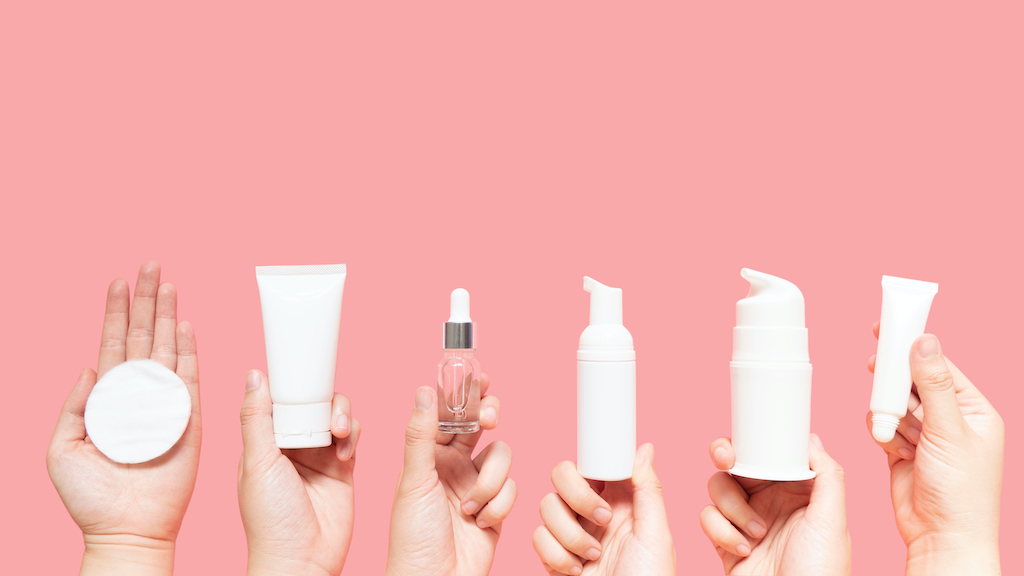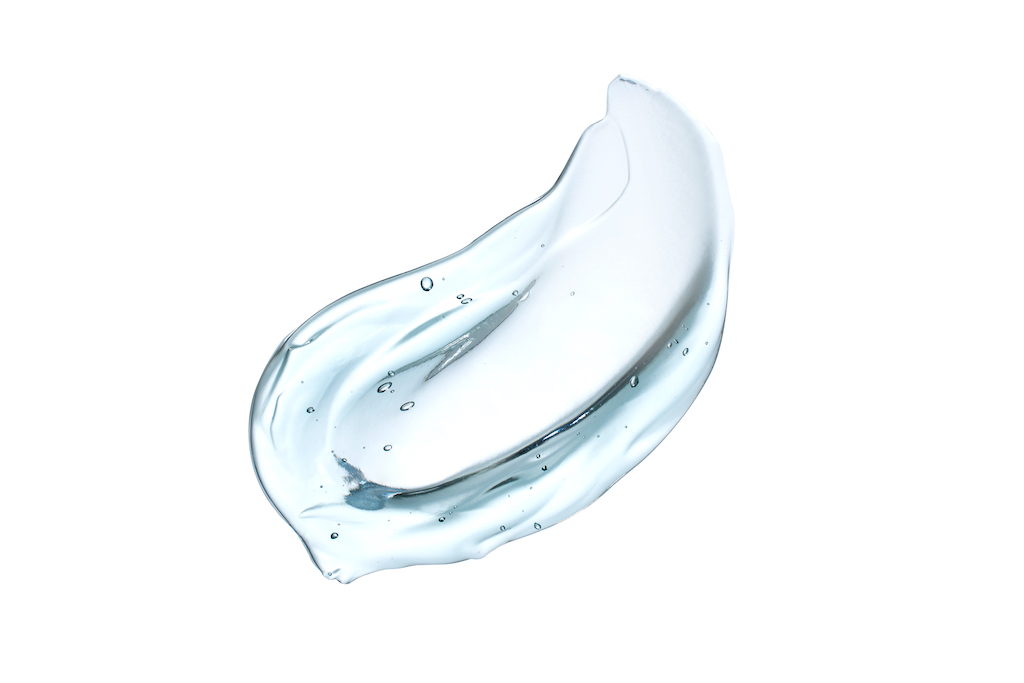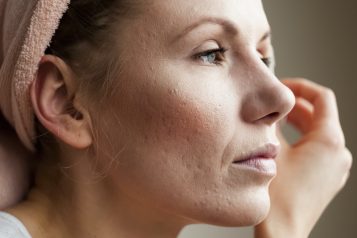While we get into the colder months, some adjustments need to be made when it comes to your skin. The air tends to be dryer and with the heat on full blast, there are loads of issues that can arise.
Haute Beauty sits down with some of our expert dermatologists from across the United States to learn more about the transition into the colder weather and how your skincare regimen should adjust as well.
 Photo Credit: Shutterstock
Photo Credit: Shutterstock
“Cold weather can be very damaging to the skin. It can also contribute to aging the skin as cold weather can leave the skin looking dry due to less moisture in the air. In addition, the use of indoor heat can leave skin dehydrated. During cold weather, your skin needs two types of moisturizers. The skin needs a moisturizer that acts as a barrier on the skin to prevent moisture loss. Also, the skin also needs a moisturizer that keeps the skin cells hydrated,” says Dr. Michele Green Dermatologist and Haute Beauty Anti-Aging Expert from New York.
“During the winter months, the skins sebum production is typically less. As the temperature gets colder the skin produces less oil. Avoid over washing the skin and using cleansers which contain acids or exfoliants,” she adds.
By switching to a creamy cleanser that contains humectants your skin will feel more hydrated. And, keeping the temperature of the water below 99 degrees Fahrenheit to avoid dryness and dehydration of the skin.
Dr. Green says to look out for these common skin conditions that occur from exposure to cold air are Acne, Eczema, Psoriasis, Chapped Lips, Rosacea, Windburn, and Cold Urticaria.
Lifestyle Adjustments
Dermatologist Dr. Amanda Doyle from Russak Dermatology Clinic based in New York City also says to wash with lukewarm waters, no more than once per day with a very gentle soap.
“After the shower, immediately applying a moisturizer to the body will help to lock in extra hydration to avoid dry, winter skin. Using humidifiers at home also help and staying hydrated by drinking 8 glasses of water per day,” she adds.
Skincare
“Also avoid harsh masks and exfoliants. If you really want to exfoliate, try Karyng Illuminate Mask which gently exfoliates with enzymes and quartz and hydrates the skin at the same time,” says Dr. Karyn Grossman, Haute Beauty Skin Expert from Los Angeles.
She also says if you are using a gel moisturizer, you may need to switch to a lotion, and if you are using a lotion switch that out for a thicker cream. And if you are already using creams, add oil over the cream.
 Photo Credit: Shutterstock
Photo Credit: Shutterstock
Ingredients To Look For In Your Skincare Routine
Haute Beauty Skin Expert from New Orleans, Dr. Mamina Turegano, is a triple board-certified dermatologist, internist, and dermatopathologist who says products that have Glycerin, Petrolatum, and Ceramides are the top 3 ingredients for dry skin.
- Glycerin: this is a humectant that draws in moisturize from the air into the outer layer of your skin.
- Petrolatum: This serves as a heavy barrier to really lock in that moisture
- Ceramides: these are the building blocks of our lipid skin barrier. By building a resilient and functioning skin barrier, we can protect our skin from environmental stressors and avoid things like dryness, irritation, and itching.
Body, Hands & Feet
- Flakiness: Dr. Grossman says a better way to handle this is with body creams containing Urea or alpha hydroxy acids. This will improve the flakiness and hydrate your skin.
- Hands: vaseline or Aquaphor are great and make sure to massage into your cuticles as well, said Dr. Grossman.
- Feet: Dr. Grossman says to use a urea cream followed vaseline or Aquaphor and cover with some athletic sock at bedtime. In the morning you will find softer feet and toes.
In-office treatments
“We’ve noticed an increase in more aggressive laser treatments, particularly acne scars or true ablative procedures. Given that, with COVID, we have a bit more flexibility for downtime, patients feel more comfortable proceeding with procedures they otherwise had been putting off for a long period of time,” says Manhattan-based Haute Beauty Expert Skin Dr. Dhaval Bhanusali.
For more information, visit Dr. Brian A. Levine's social media:

























